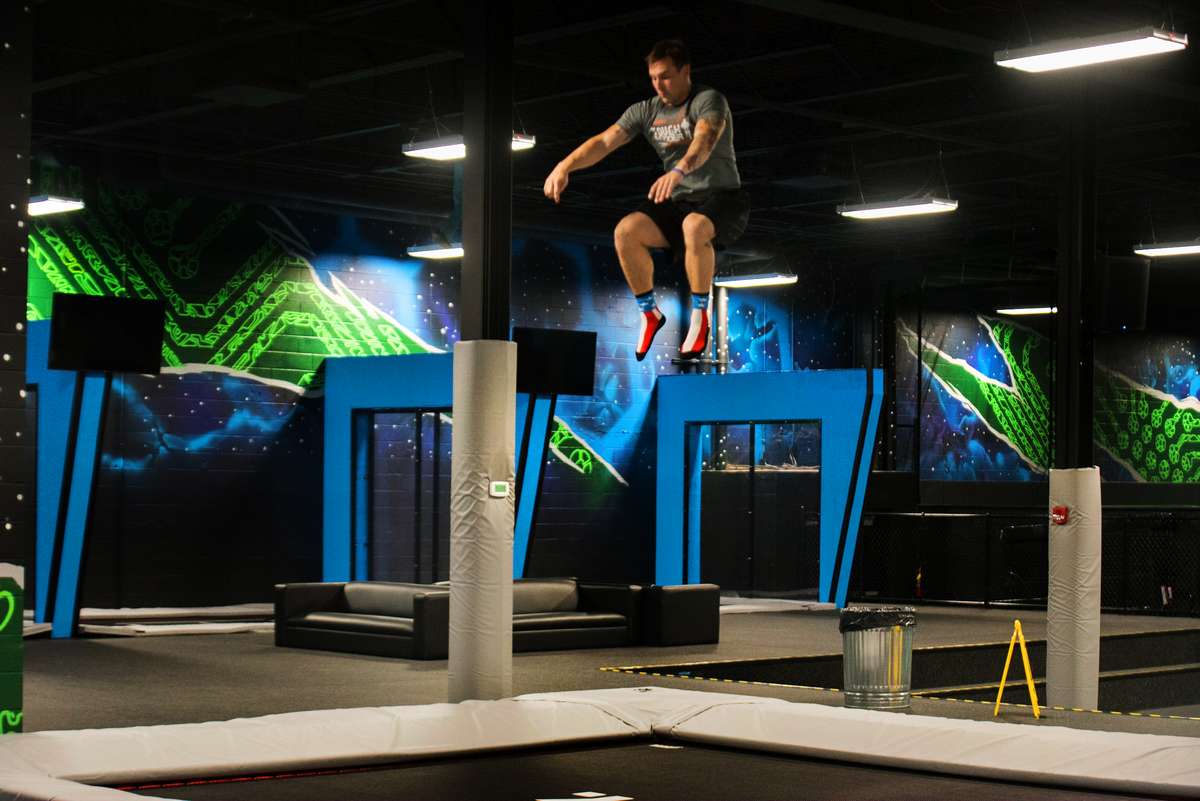Use Emotional Reactions as Information, Not a Launchpad
January 30, 2019
Categories: Reaction
We all experience strong emotional reactions from time to time. Something happens in our daily life that triggers us. We feel something (e.g., sadness, anger, fear) and we might also experience a bodily sensation (e.g., face gets flushed, fists clench). We feel a rush of energy course through our body and get the urge to DO SOMETHING NOW.
Reaction and Response
Often our emotional reaction leads to a behavioral response. We lash out at our spouse. We send an angry email. We make a snarky remark on social media. The problem is that these behaviors aren’t usually effective. They don’t move us in the direction we want to go. They don’t move the conversation forward. They often make things worse.
Emotional Reactions as Information
What’s the alternative? Is there a way we can use our emotional reactions in a productive way? I think the answer is yes, and it involves using emotional reactions as information. In other words, if we can explore the emotional reaction, we might learn something interesting about ourselves that can be useful in our life moving forward. Often when we are triggered, the other person has tapped into one of our issues. It might remind us of a deep hurt that we haven’t healed from yet. Or it might be projection—the other person is doing something that reminds us about something we don’t like in ourselves. If we can understand why we are having the emotional reaction, it can lead us to an important next step in our personal or spiritual growth.
Emotional Reactions as a Launchpad
The alternative is using our emotional reaction as a launchpad. In other words, we use the energy that our emotional reaction provides us to DO SOMETHING RIGHT NOW! This is when we can get into trouble. When we are triggered, our immediate urge is usually not in our best interest.
8 Ways to Deal with Emotional Reactions
What are some practical things we can do to use our emotional reactions as information rather than a launchpad? Here are 8 things that have been helpful for me:
- Understand what happens when you are triggered. What happens to you when you are triggered? What feelings come up for you? What happens in your body? If you can recognize and understand what happens to you when you are having an emotional reaction, you are more likely to respond in an effective way.
- Take a break. Sometimes it’s impossible to respond effectively when you are having an emotional reaction, because your engine is running too hot. In times like these, press the pause button and take a break. Go for a walk. Go somewhere by yourself so you can cool down.
- Do something active. When you are triggered, sometimes it can be helpful to do something active. Your body is in high gear, and it can be tough to “will yourself” to calm down. So, do something active instead. Go for a run. Hit the weight room. Do 100 burpees. Do something physical with all that pent-up energy.
- Give yourself a “response time” rule. Sometimes it can be helpful to give yourself a rule about not responding when you’re triggered. For example, if you notice yourself having an emotional reaction, try not to respond until the next day, when you have had a good night’s sleep and some time to settle down.
- “Save” your response. Sometimes it feels like we “have” to respond in the moment. If you absolutely need to get your thoughts and feelings out, type out the email, but save it instead of sending it. Then give yourself until the next day. If you still think it’s a good idea to send it, go ahead. However, after taking a day to cool down, you might have a different perspective.
- Talk it over with someone. It can be helpful to check out your emotional reaction with someone you trust. Talk over the situation and share your reaction. Then, ask for their opinion. Are you overreacting? Is something about you or your past getting tapped into? Does your reaction fit the situation? How would they respond if they were in your situation?
- Does anything feel “familiar”? Pay attention to whether anything about the situation or your emotional reaction feels familiar to you. Does it remind you of something about your family growing up, or a previous painful situation? If so, your reaction might be more about the past than the present.
- Look out for projection. Projection happens when we see something in the other person that we struggle with ourselves. I remember one time I got frustrated with my wife for being on her cell phone so much. But I was doing the same thing! If your reaction is about projection, this can be great information for you as you move forward.
Discussion
What has been helpful in your own life to slow down your emotional reactions and use them as information, rather than a launchpad?

Related Thoughts

Subscribe To My Newsletter
Join my mailing list to receive the latest blog posts.
Receive my e-book “The Mental Health Toolkit” for free when you subscribe.




